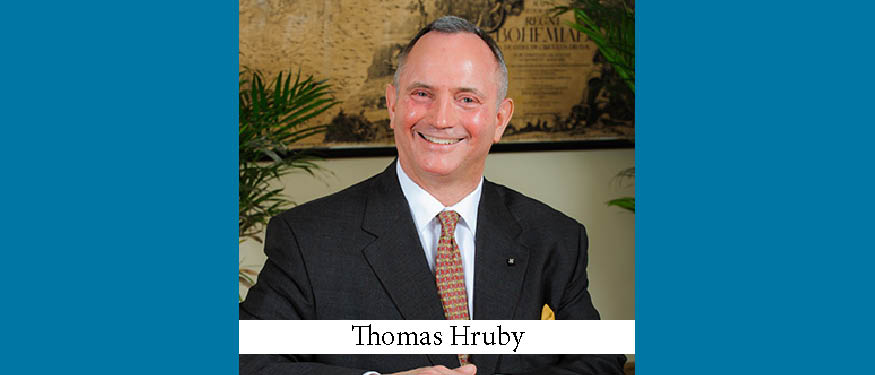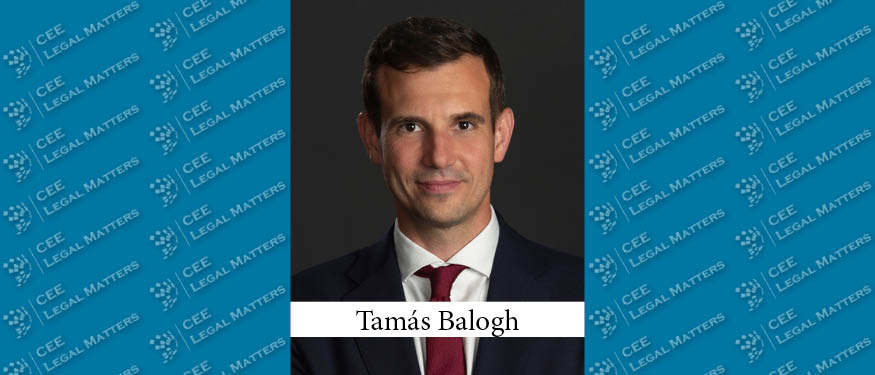This guest editorial is a critique of the Czech judicial system, which is similar to the judicial systems of most if not all CEE countries.
It is not my intention to criticize any individual judge or the Czech judiciary as a whole. Judges are a product of the system in which they operate. It is the judicial system, which is – in my humble opinion – somewhat flawed. Although common throughout continental Europe, I find it aberrant that young men and women, who have just completed their legal studies, are able to choose to go to judges’ school to become judges, without any other experience, whether legal or in the school of life. After a couple of years and a couple of exams, they become judges.
The role of a judge is to adjudicate on matters coming before him or her, wisely and according to the law. This requires both a profound grasp of the law and the wisdom, gained through experience, to determine how to apply the law.
Czech law faculties are capable of educating their students in the letter of the law, both substantive and procedural. The Czech legal system of naming judges ensures that the applicants for the positions of judges indeed come from the law school graduates with the best knowledge of the law, who have expressed an interest in a career in the judiciary. Thus, the first element of a good judge has been fulfilled.
However, how can a young woman or man, with no real knowledge of the world and barely any experience except their passage through judges’ school, be expected to possess the requisite wisdom to apply the law in a manner designed to bring about a just result? I am not advocating judicial intervention in the legislative process. That is the role of parliament. Nevertheless, the law must be applied wisely, not merely literally.
I am also not advocating the superiority of Common Law over a codified system of law. However, I am proposing that continental Europe could learn from the experience of – for example – the Province of Quebec in Canada. Like the Czech Republic, Quebec has retained its system of law, based on a Civil Code. However, judges are named, as in the Common Law provinces of Canada and in many other parts of the English-speaking world, from amongst lawyers who have had many years of experience and have gained a large measure of respect in the practice of law. They are highly respected, well paid, and with very few exceptions, irreproachable. The judiciary is, in Anglo-Saxon countries, the crowning of many years of service in the legal profession, not a simple career choice like becoming an advocate or a notary.
My criticism is also directed at the legislator, which allows the same courts hearing a case in first instance to then hear an appeal in the same or a closely-related matter. One of our foreign clients suffered from this tragi-comic situation recently. This is not the appropriate forum to describe the whole sad story in detail. However, it is the tale of a dishonest lawyer who manipulated the Czech judicial system and, indeed, the Czech judiciary, into working in his favor. That case was exacerbated by the fact that the Czech Code of Civil Procedure was amended in the course of the legal proceedings. As a result of this amendment, the court, which had heard the case in first instance, when the dishonest lawyer sued his client’s company, became the court of appeal when the client – or rather his company – tried to reverse the effects of the judgment. The client became aware of the judgment only several months after it was rendered, due to the dishonest machinations of the lawyer.
The Czech judicial system has made great strides over the past quarter century, since the days when judgments were politically motivated and the political fidelity of a judge was more important than his or her legal abilities. Nevertheless, there remains a long road ahead, before anything approaching perfection is achieved.
By Thomas Hruby, Partner, Hruby & Buchvaldek
This Article was originally published in Issue 3.3 of the CEE Legal Matters Magazine. If you would like to receive a hard copy of the magazine, you can subscribe here.
















